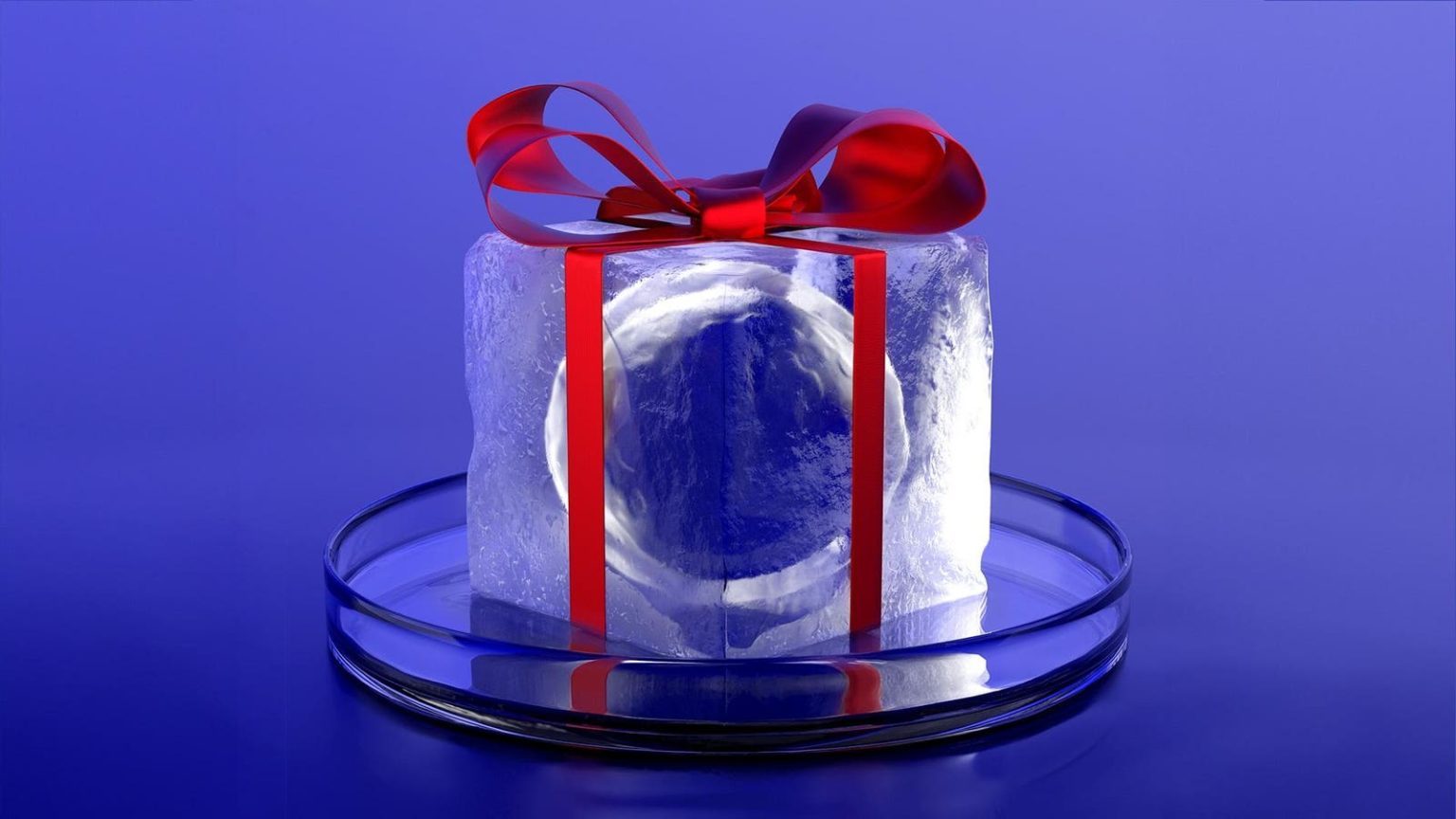Undergraduates and recent graduates are being offered significant sums of money to donate their eggs to women undergoing in vitro fertilization (IVF). Cofertility, a startup based in Los Angeles, offers a unique model that addresses timing, cost, and the supply of donor eggs in the fertility industry. By allowing young women to freeze their eggs for free in exchange for donating half of them, Cofertility aims to make the process more affordable and accessible.
The demand for donor eggs is significant, with 28,252 IVF cycles in 2021 using donor eggs or embryos. While some countries prohibit payment for egg donations, the U.S. allows compensation to donors, with payments starting around $10,000 and reaching even higher amounts for donors with desirable qualities, such as Ivy League degrees. Many donors cite educational expenses, including student loan debt, as a primary motivation for donating their eggs.
Egg donation is just one part of the $8 billion U.S. fertility industry, which is steadily growing as more women delay childbearing and turn to IVF. Investors have poured billions of dollars into the sector, driving the industry’s expansion and consolidation. Cofertility, founded by Lauren Makler, aims to provide a sophisticated matching service for donors and intended parents, offering a range of pricing options based on the number of eggs and whether they are fresh or frozen.
Potential egg donors go through hormone injections and retrieval procedures, which carry various risks and potential side effects. While long-term health impacts for egg donors are not extensively researched, anecdotal reports suggest a wide range of experiences. Some donors have reported complications following their donations, highlighting the need for further study and understanding of the potential risks involved.
Despite the uncertainties and risks, many donors are drawn to the financial incentives of egg donation. The promise of significant compensation, sometimes reaching tens of thousands of dollars, can be tempting for individuals facing financial challenges. However, the decision to donate eggs is not without its implications, as donors may face unknown long-term health consequences and fertility issues in the future.
As the fertility industry continues to grow and evolve, it raises questions about the ethical and health implications of egg donation. With more women opting to freeze their eggs and donor egg usage on the rise, there is a need for further research and understanding of the impacts on donors’ health and fertility. The debate surrounding egg donation remains complex, as individuals weigh the potential benefits and risks of participating in this lucrative but uncertain market.


